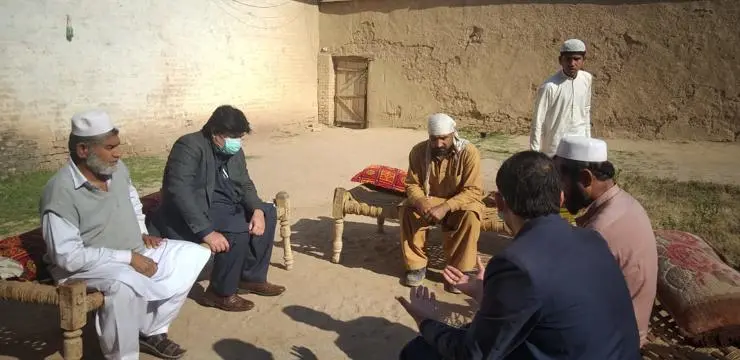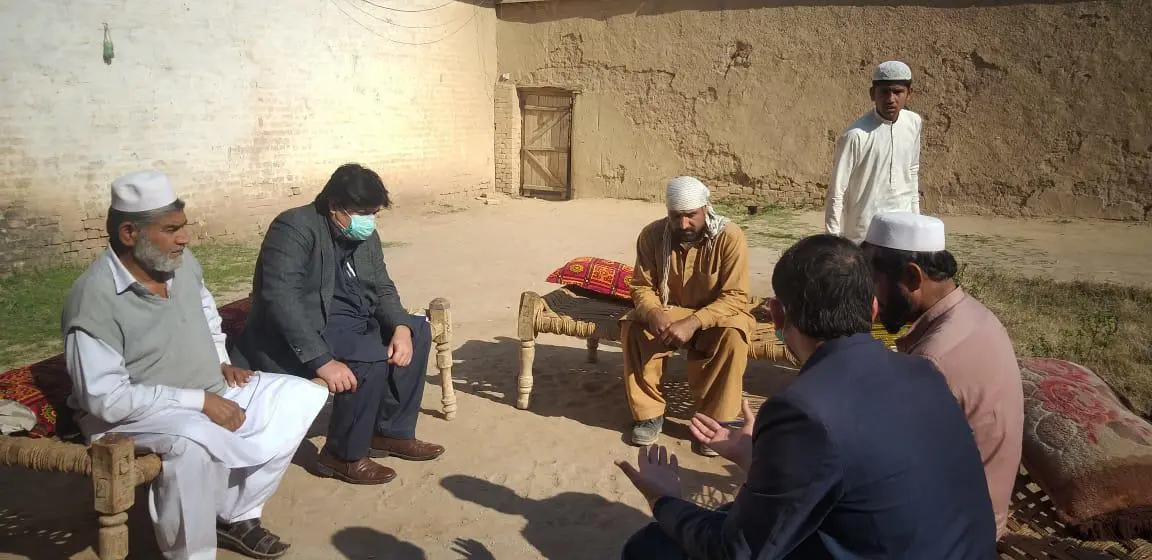It is important to ensure that communities understand and act on public health messages to limit the spread of further coronavirus outbreaks. This may be difficult to achieve in hard-to-reach populations, particularly when such messages are not sensitive to their culture. Previous health crises have highlighted that mistrust and rumour can undermine public confidence in the scientific evidence and can be a dangerous hindrance to response efforts.
Aims
Our study will explore the cultural barriers and facilitators to communicating public health and safety guidance in rural communities in North West Pakistan. We will focus on an impoverished brick-kiln community near the city of Peshawar, where households have an average income of less than one US dollar a day, limited access to clean water and unequal access to education and healthcare. We will work with the community to develop a response that is both effective and consistent with local interests.
As well as finding out about best ways to engage the community to follow public health advice, the community will decide on the material resources needed to support and implement these guidelines, such as providing a clean water supply. Researchers will work with community members to produce a toolkit that will help to support communication, community engagement and risk minimisation in similar hard to reach communities for future health crises.


